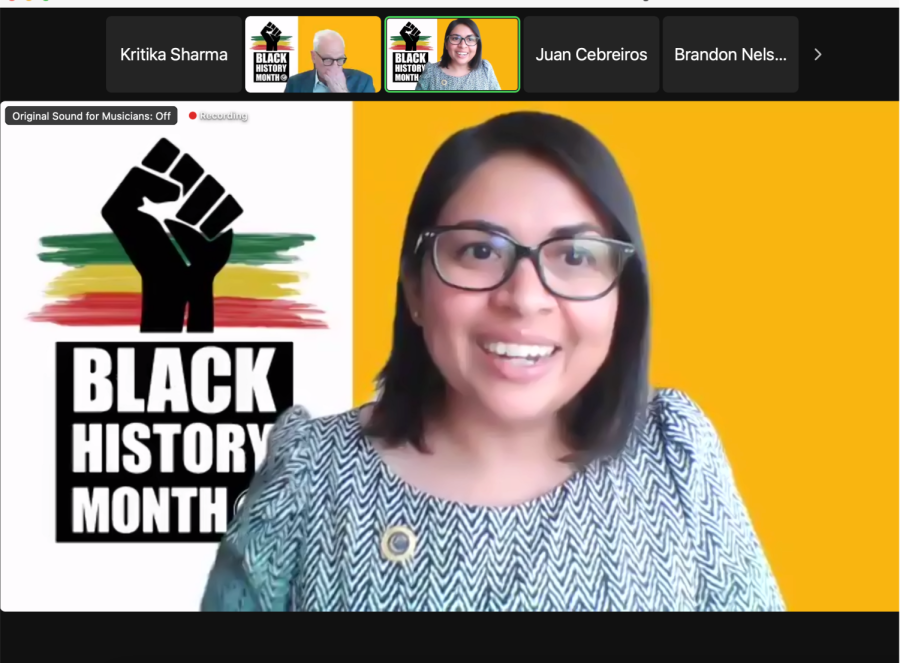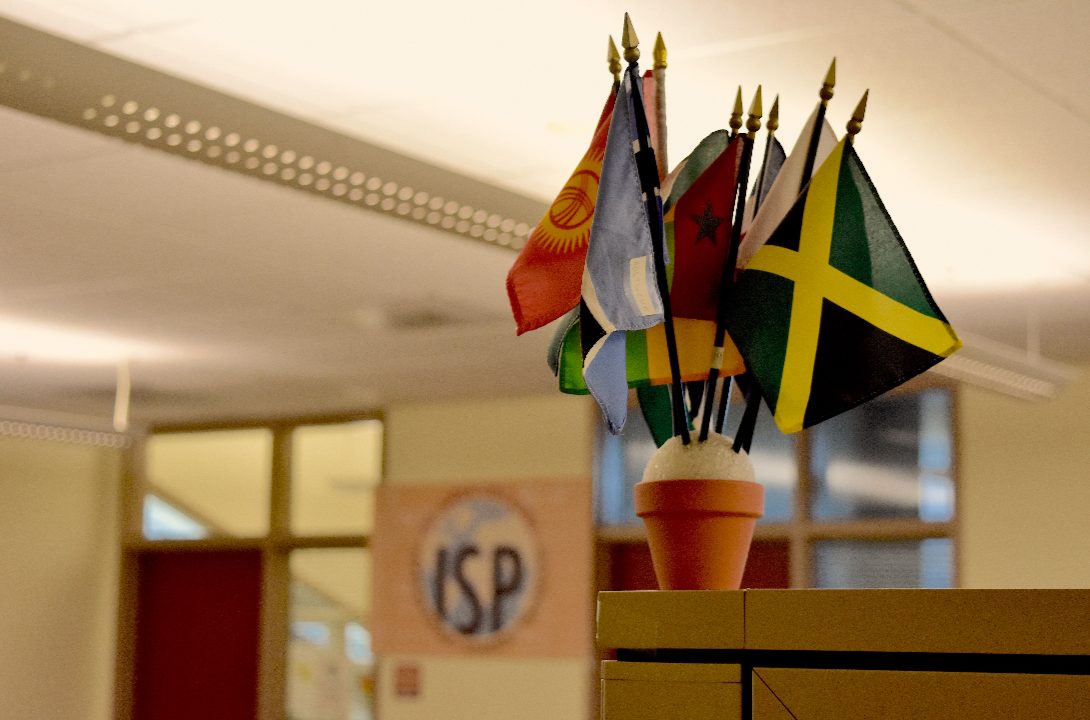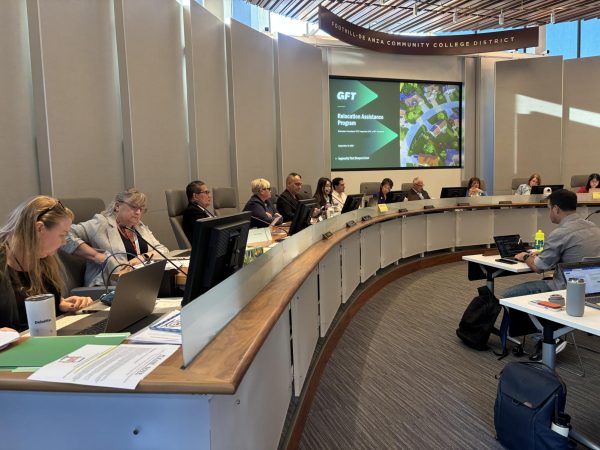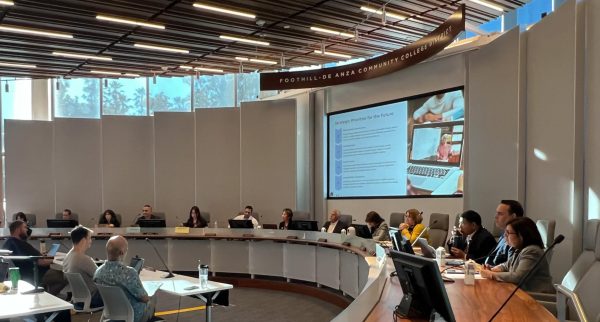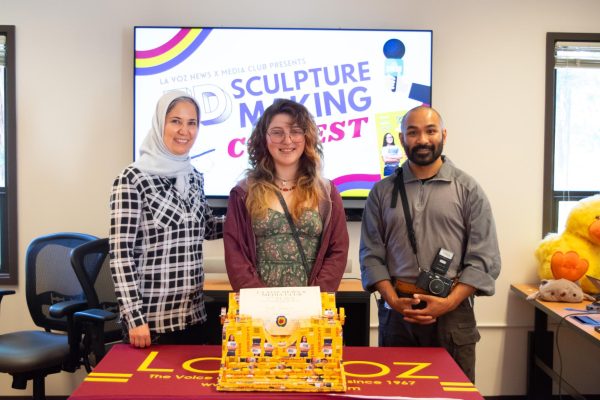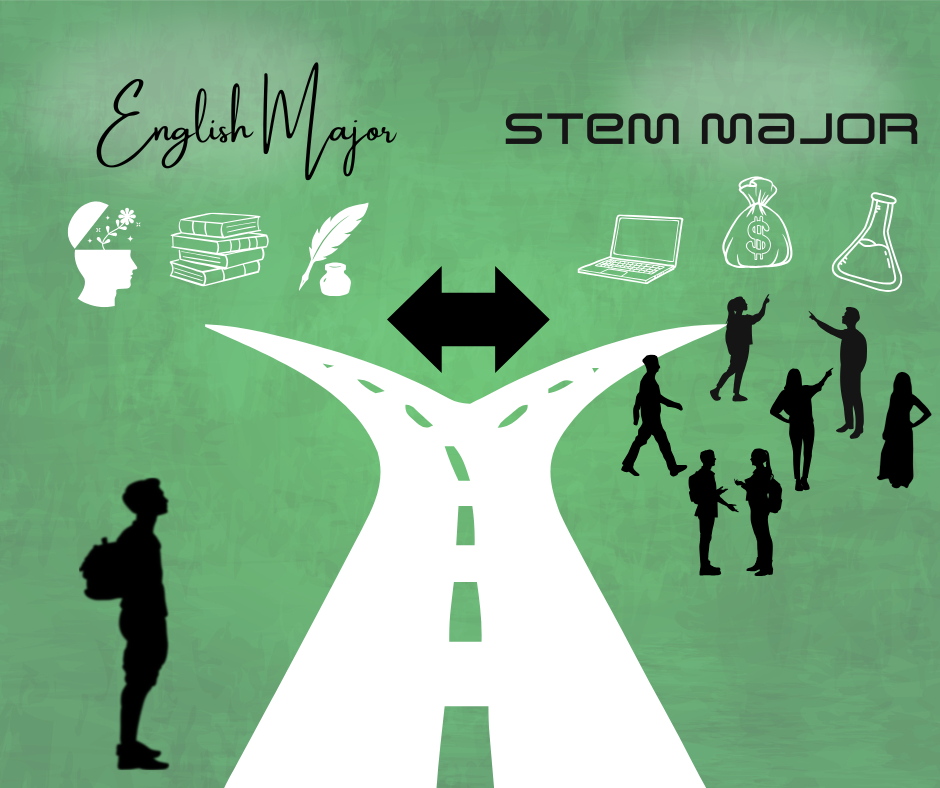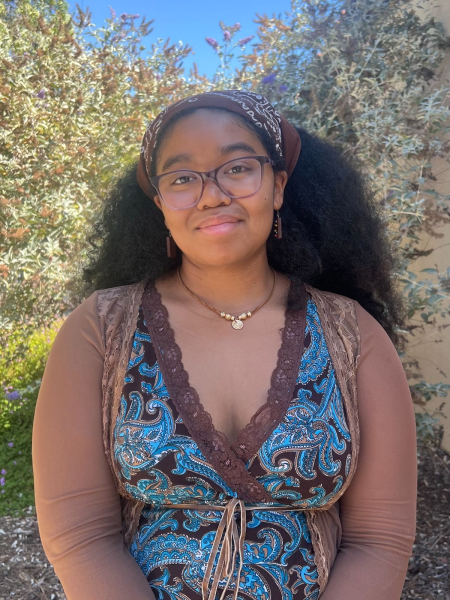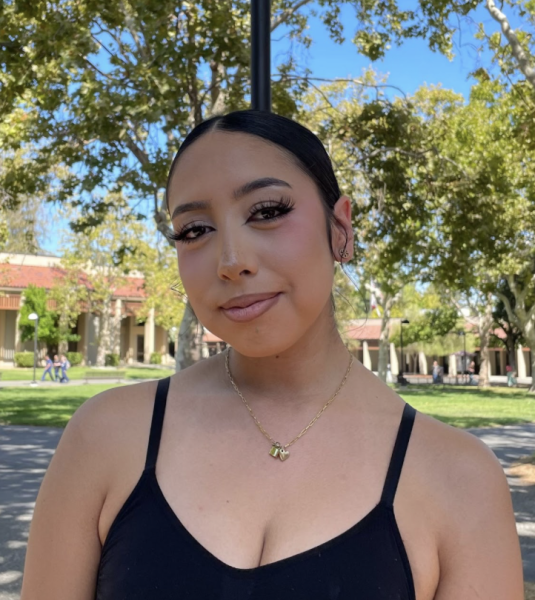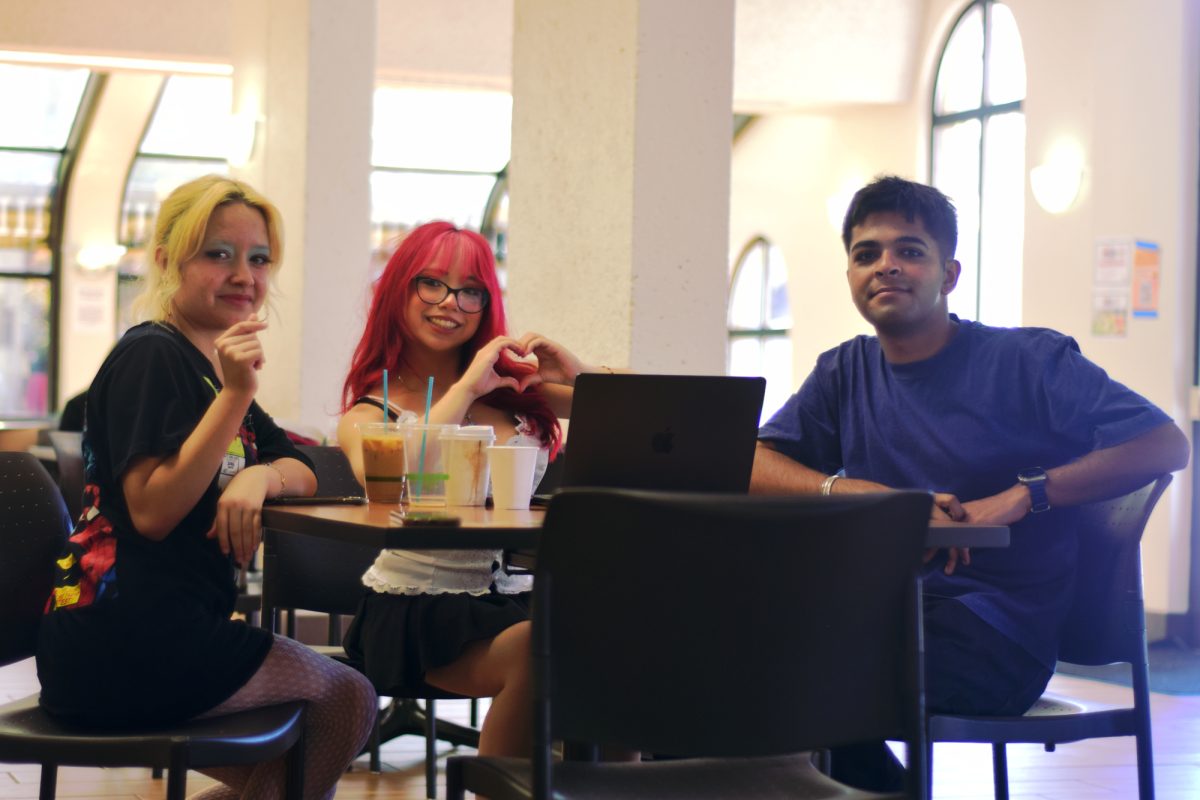Basic needs, paid opportunities, Black History Month discussed at state chancellor’s teleconference
Interim Chancellor Daisy Gonzales addresses attendees across California at the teleconference on Wednesday, Feb. 2.
February 15, 2023
Interim California Community Colleges Chancellor Daisy Gonzales discussed basic needs access, student paid work opportunities and events for Black History Month during her teleconference on Feb. 1.
Gonzales said as of July 2022, an update to the education code requires all California colleges to hire a basic needs coordinator whose duties must be restricted exclusively to that type of programming. Erika Flores, the basic needs coordinator at De Anza College, invited students to reach out.
“(It’s for) anybody who has questions about anything they see on the website, or if they just want to have one-on-one time to talk about either their circumstances or what they’re looking for,” Flores said. “I suggest they really just do stop in and speak with me.”
Flores said De Anza not only provides food pantries, toiletries and technological assistance, but can also connect students to off-campus resources in case something they need is not available.
“Something that I found that’s been very helpful is the ability to not just give a student a number to call or a place to visit,” Flores said. “I can definitely offer to sit down with (a) student and say, ‘Let’s call this place together, let’s ask the right questions, let’s make sure that you have all the information that you need to provide to them.’”
In early spring, De Anza will officially launch The Resource Den, a physical space for students to ask questions and get access to basic needs resources.
“We’re hoping that will really help students be able to have a place that they know they can just stop in,” Flores said. “The same way that maybe they would go to (Admissions and Records) for any enrollment questions.”
This space is located in the RSS building in Room 143. It is currently being set up but is still open to students in the meantime.
During the teleconference, Gonzales also acknowledged Black History Month, which takes place in February. Gonzales encouraged the De Anza community to celebrate Black students, community leaders and faculty.
“More importantly, the commitment that we have made as a system is to make sure that we (create) a safe and inclusive campus climate,” Gonzales said. “(We want) a system that creates ecosystems of unconditional belonging.”
Gonzales shared information about Black Student Success Week, which will take place from April 24 – 28.
“This year the theme is vision and action,” Gonzales said. “(It’s about) building systems and structures for Black student success.”
Paul Feist, the vice president of communications at the chancellor’s office, is set to lead the effort on this initiative.
“We want to encourage all colleges in the system to participate (in this event) during April,” Feist said. “We want to make this as widespread as possible.”
Feist said students can expect to receive information about webinars and activities in the coming weeks.
Gonzales then discussed College Corps, a program implemented by California Volunteers in 2022, to provide students with compensation for volunteer opportunities.
“It’s a part of a bigger vision to make sure that our students have access to paid, work-based learning,” Gonzales said. “I know I resonate very closely with this because as someone who grew up in foster care, as a first-generation college student, what drove me was to be able to give back. College Corps is really important for me.”
According to the California Volunteers website, partner campuses select a cohort of “fellows,” or student volunteers, through an application process and match them with volunteer opportunities that include tutoring, addressing food insecurity in communities and taking climate action.
Though De Anza is not currently a partner campus, popular transfer options such as San Jose State University, Cal Poly San Luis Obispo and most UC colleges are.
“We were very intentional in making sure that most students that want to volunteer could volunteer, regardless of whether they were Dreamers or AB 540 students,” Gonzales said. “(Our students) tackled huge issues around the state, from working in local elementary schools, tutoring, to mentoring students, to working on food insecurity for the local communities at a local food bank.”
Gonzales said that the application for the second cohort of fellows is now open. She closed the meeting by touching on her priorities in serving community college students throughout the state.
“We need our students to enroll (and) we also need them to persist,” Gonzales said. “But more importantly, we need them to succeed. Those things are all interconnected.”



